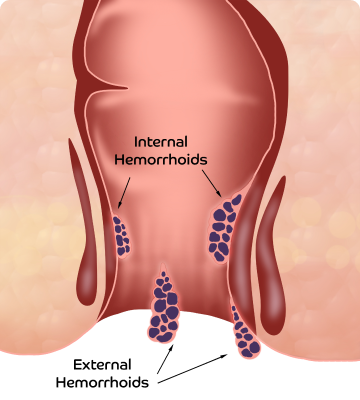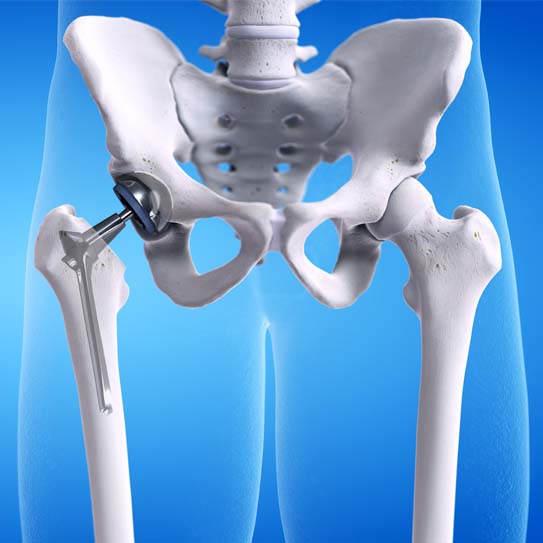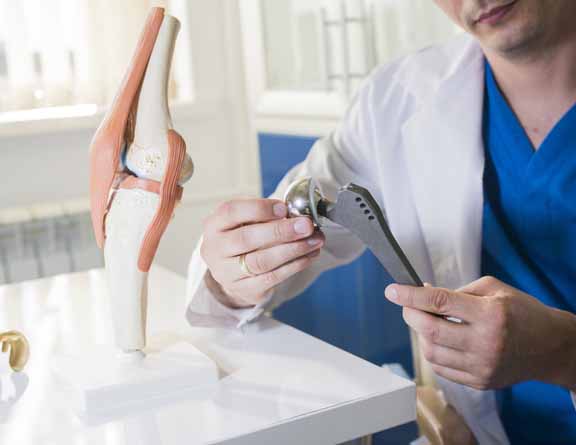How to promote healing after a hip replacement procedure at home?
Patients are usually discharged in 1-3 days after hip replacement. After being discharged, you can do the following to promote healing at home:
- Use an assistive walking device such as a cane, walker, etc.
- Place your frequently used items such as phone, remote controls, etc., in easy reach.
- Remove any rugs or mats near you that can make you slip.
- Use a comfortable, low, soft-cushioned chair for sitting.
- Refurbish your bathroom with assistive devices such as shower chairs, raised toilet seats, etc., to avoid bending too much.
- Keep the surgical area clean and dry. Make sure the bandage does not get wet.
- Wear compression stockings to help reduce swelling.
- Keep up-to-date on your medications.
- Alter your diet to include more vitamins, minerals, and fluids to make it healthier.
Signs you need a hip replacement
Living with constant hip pain, especially due to hip osteoarthritis or other bone disorders, can be very difficult. If you are noticing any of the following signs in your daily life, then you may need a hip replacement surgery:
- You are suffering from chronic and significant pain in the hip region that cannot be managed with over-the-counter medications and is hindering you from walking on your own.
- You are experiencing trouble in performing routine activities like walking short distances, standing on one leg, bending down, etc.
- You have severe stiffness in the hip joint.
- Conservative treatments such as physical therapy, steroids, etc., are not providing relief anymore.
- You have a chronic orthopedic disorder such as osteoarthritis (hip OA), osteoporosis, etc.
- Your joint pain is affecting your psychological health
- Prolonged use of pain medication is causing side effects in your body
- Other less invasive treatments you’ve tried in the past are not helping










.svg)









